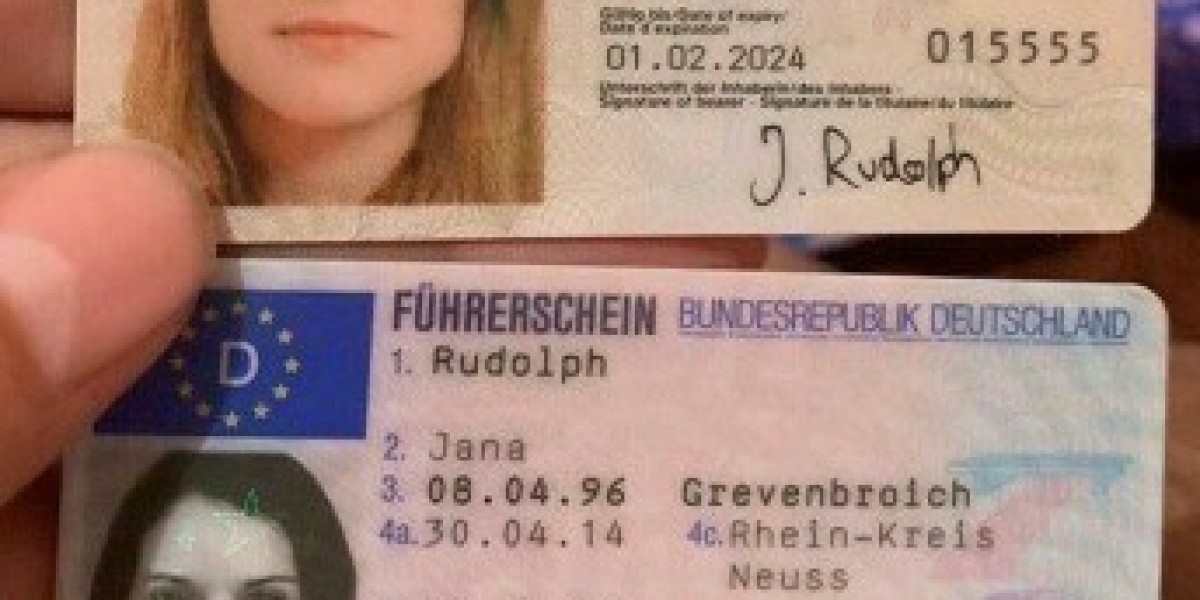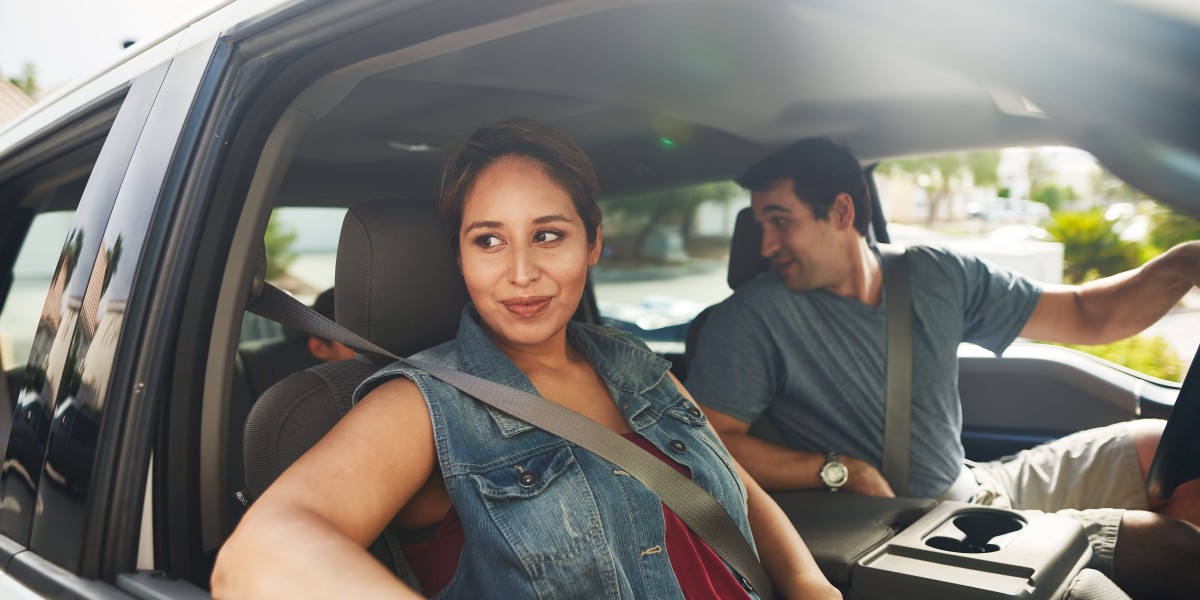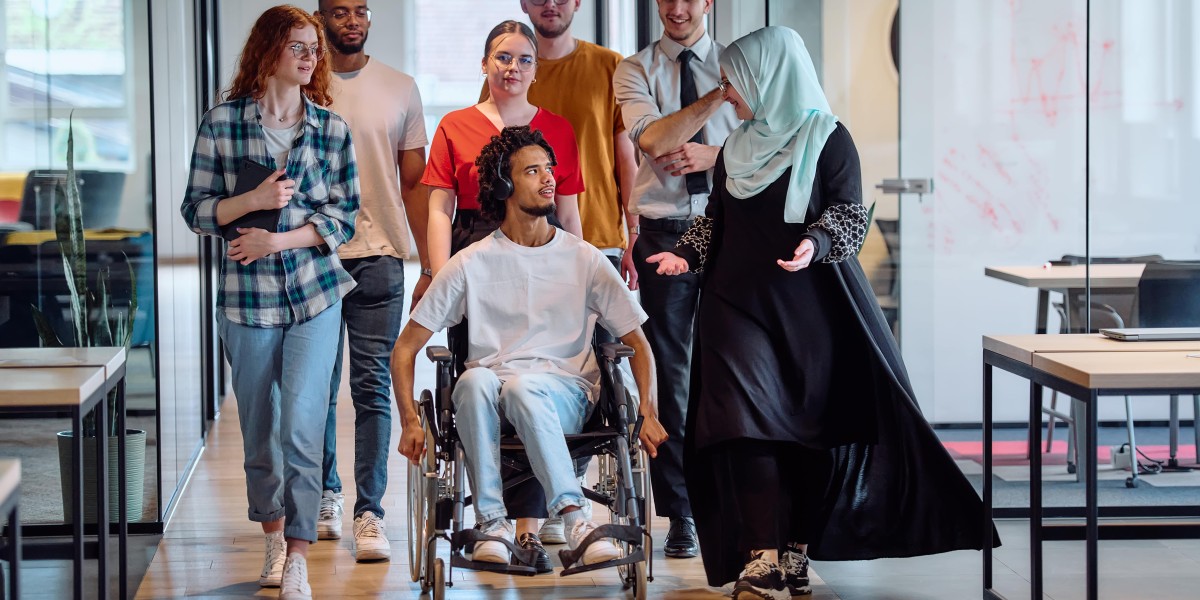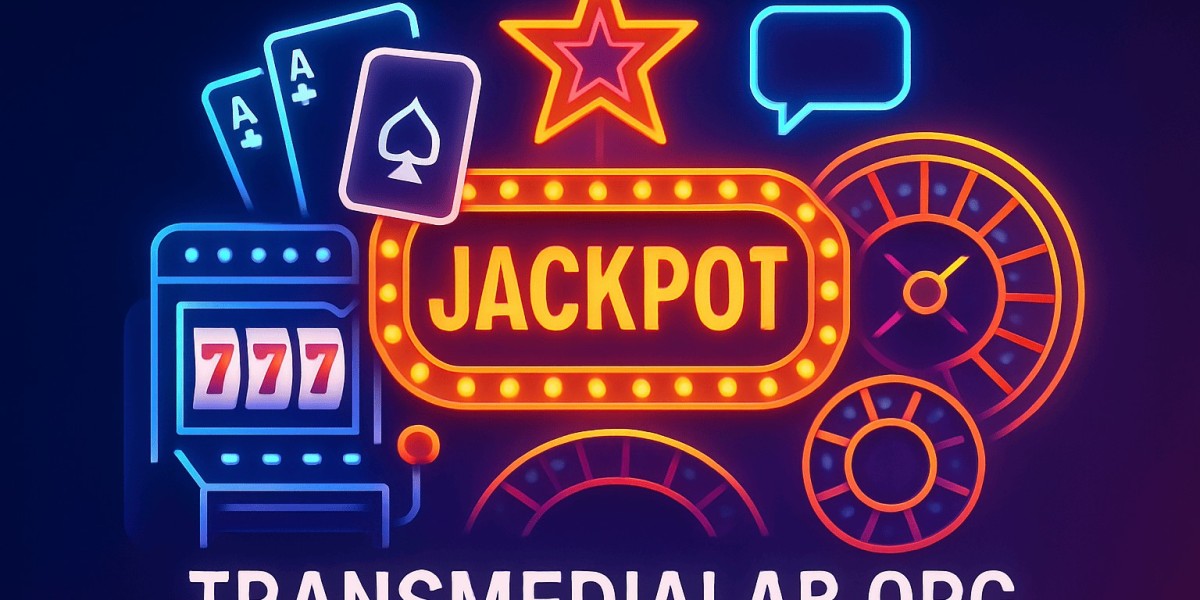How to Buy a Motorcycle License: A Comprehensive Guide
Motorcycling is not simply a mode of transport but likewise an exhilarating pastime for numerous. Nevertheless, before you can rev your engine and hit the road, you must get a motorcycle license. This guide intends to offer detailed details on the process of buying a bike license, ensuring that prospective riders have a clear understanding of the requirements, actions, and regularly asked concerns.
Comprehending the Basics
A motorbike license, likewise understood as a motorbike endorsement, is a special classification on your driver's license that permits you to lawfully run a motorbike on public roadways. The process of obtaining this endorsement differs by state or nation, but generally includes a combination of written tests, practical training, and roadway tests.

Step-by-Step Process to Obtain a Motorcycle License
Research study Your State's Requirements
- Each state or country has its own set of guidelines and requirements for motorcycle licensing. Start by visiting your regional Department of Motor Vehicles (DMV) or equivalent agency's website to gather particular info.
- Note the age requirements, costs, and any essential documents.
Study the Motorcycle Manual
- The DMV or comparable firm typically supplies a motorbike handbook that covers essential details such as traffic laws, safe riding practices, and motorcycle-specific guidelines.
- Familiarize yourself with the handbook to prepare for the written test.
Take a Motorcycle Safety Course
- Numerous states require or highly advise that you finish a fundamental bike security course before getting a license.
- These courses, typically provided by organizations like the Motorcycle Safety Foundation (MSF), teach you the basics of motorcycle riding, consisting of braking, turning, and emergency maneuvers.
- Finishing the course can likewise qualify you for a waiver on the practical riding test and might provide discounts on insurance.
Apply for a Learner's Permit
- Visit your regional DMV or use their online website to make an application for a learner's permit.
- You will need to pass a written test that covers traffic laws and safe riding practices.
- The student's permit normally enables you to ride a bike under particular restrictions, such as being accompanied by a licensed rider or not riding at night.
Practice Riding

- As soon as you have your learner's authorization, practice riding under the guidance of a skilled motorcyclist or a qualified instructor.
- Concentrate on constructing your abilities in a safe environment, such as a car park or a quiet street.
- Practice various riding scenarios, including starting and stopping, turning, and browsing through traffic.
Arrange and Take the Road Test
- Once you feel great in your riding abilities, schedule your roadway test with the DMV.
- Throughout the test, you will be examined on your ability to securely operate a motorbike, browse different traffic situations, and follow traffic laws.
- If you fail, you can generally retake the test after a given period.
Get Your Motorcycle License
- After passing the roadway test, you will get your motorbike license. This endorsement will be contributed to your driver's license.
- You can now legally ride a motorbike on public roadways, subject to any additional limitations that might apply.
Extra Considerations
Insurance and Registration:
- Before riding, guarantee your motorbike is appropriately guaranteed and signed up. Most states require a minimum level of liability insurance.
- Check with your insurance coverage company to comprehend the costs and coverage alternatives.
Security Gear:
- Invest in premium safety gear, including a DOT-approved helmet, protective gloves, tough boots, and a long lasting coat.
- Helmets are compulsory in lots of states and are important for your safety.
Continued Education:
- Even after obtaining your license, consider taking innovative riding courses to improve your abilities and remain up-to-date with the most recent security practices.
Regularly Asked Questions (FAQs)
Q1: How long does it take to get a motorbike license?
- The time can differ depending on your state's requirements and your individual rate. Generally, the process can take a few weeks to a couple of months. Factors include the schedule of safety courses, scheduling of the road test, and how rapidly you construct your riding skills.
Q2: Do I require a car license to get a motorcycle license?
- Yes, in most states, you need to have a valid driver's license before you can look for a motorcycle endorsement. The specific type of license required might vary, so examine your state's guidelines.
Q3: Can I take the roadway test on my own motorbike?
- In lots of states, you can take the road test on your own motorcycle, provided it meets all safety and registration requirements. Some states may need you to utilize a DMV-provided motorcycle. Examine your regional DMV's site for details.
Q4: What is the cost of obtaining a bike license?
- Expenses differ by state but typically consist of charges for the student's license, the composed test, the roadway test, and the motorcycle safety course. Additional expenses might include the expense of safety equipment and insurance coverage.
Q5: What happens if I stop working the road test?
- If you stop working the roadway test, you will typically require to set up a retake after a specified period. Some states might allow you to retake the test instantly, while others need a waiting duration. Practice the areas where you had a hard time and come back better prepared.
Q6: Are there different classes of bike licenses?
- Yes, some states provide different classes of motorbike licenses based upon the type of motorbike you mean to ride. For instance, Class M1 may be for regular motorbikes, while Class M2 may be for mopeds or scooters. Check your state's policies to identify which class you require.
Q7: How old do I need to be to get a motorbike license?
- The minimum age to obtain a motorcycle license differs by state. In many states, you can get a learner's license at 16 and a full motorcycle license at 18. Nevertheless, some states have various age requirements, so always verify with your regional DMV.
Q8: Can I get a motorbike license online?
- No, you can not get a motorbike license completely online. While you can study the handbook and complete some initial steps online, you will need to check out a DMV office to take the written and road tests and receive your license.
Q9: What should I do if I transfer to a brand-new state?
- If you relocate to a brand-new state, you will likely require to transfer your bike license or obtain a new one. Examine the particular requirements of your new state, as you might need to take extra tests or finish a security course.
Q10: Are there any constraints on my motorbike license?
- Yes, some states put limitations on brand-new motorbike license holders, such as not riding during the night or not bring passengers for a certain period. These constraints are designed to assist brand-new riders gain experience securely.
Getting a motorcycle license is a simple process that needs dedication, research study, and practice. By following the steps laid out in this guide, potential riders can guarantee they are well-prepared and fulfill all the needed requirements. Remember, safety is critical, deutschen führerschein Kaufen so purchase correct training and safety gear. With a legitimate bike license, you can take pleasure in the freedom and excitement of riding while remaining safe and legal on the road.
Extra Resources
- Motorcycle Safety Foundation (MSF): msf-usa. org
- Department of Motor Vehicles (DMV): [yourstate.dmv.gov]
- Insurance Providers: Check with your regional insurer for motorcycle insurance coverage alternatives and discounts.








